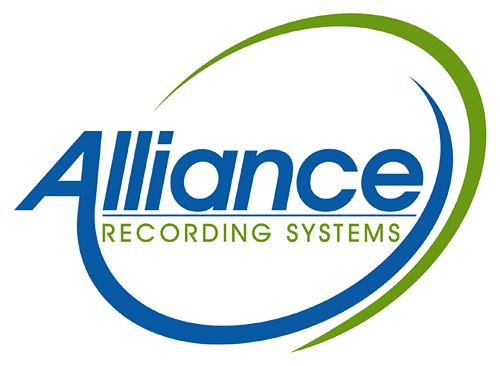 Since technological developments have advanced significantly, the communications and IT worlds are being integrated in to one large business driver. With such developments, executives are given many options as to how they strategize, source, implement, and maintain their carrier plans, and the method they use to accomplish the aforementioned is highly important.
Since technological developments have advanced significantly, the communications and IT worlds are being integrated in to one large business driver. With such developments, executives are given many options as to how they strategize, source, implement, and maintain their carrier plans, and the method they use to accomplish the aforementioned is highly important.
For IT managers who don’t speak the language or fully understand the business, the telecommunications landscape can be perplexing, time consuming and expensive. Every company places varying importance on connectivity, compliance, security, uptimes and service, and these are only a few of the many IT variables to consider. CSD has strategic relationships with 70+ carriers and suppliers. We will use our relationships to help you manage your IT department’s carrier services and ensure that they will align with your business’ infrastructure and goals. We will also provide customer service and support for all carrier service related conflicts for the duration of your contract.
WAN – Wide Area Network
While an organization is not housed all in one location, its employees, clients and vendors must function as one under a single network. Through wide area networks (WAN), employees can remotely communicate and act under the same network.
WAN technology has drastically changed since the introduction of more affordable bandwidth. Today, organizations use technologies like: MPLS, VPLS, Broadband, FTTC, xDSL, fiber, copper EFM, 3G or 4G, and point-to-point. However, these all have strengths and failings dependent on how a company is set up.
SIP Trunking
While some organizations have made large investments in PBX phone systems, these companies still desire the benefits that come from consolidating phone systems and broadband internet into one line. VoIP-like benefits can be achieved without purchasing a new infrastructure through SIP Trunking. All of your communications systems, data and voice included, can be united into a single bill using SIP Trunking.
Broadband
Today, Broadband is not just about having high Internet speeds, it is also about connectivity, wherever your employees may need it. Not all broadband networks are created the same. There are many types such as Cable high speed Internet, DSL, Wi-Fi connectivity, or mobile Broadband. Every network and carrier has strengths and weaknesses dependent on where you are in the country, your IT infrastructure, your business model and your vertical.
Ethernet
As internet becomes more widespread and necessary, organizations are becoming more dependent on high speed, reliable Internet, and Ethernet services have become an advantage for many organizations.
Using Ethernet services with the right carrier helps businesses reliably deliver data, information, and applications over secure Local Area and Wide Area Networks. At CSD, we will assist you in finding the best Ethernet solution, the best provider in your area, help you install your new Ethernet services, and be your one stop for all of your Ethernet needs.

MPLS
Multiprotocol Label Switching is a variable solution, which increases performance in heavily used networks. It is a good choice if your business desires more from your current network. MPLS works by giving specific data packets certain labels, which run the data through virtual routes between nodes instead of endpoints. What does this do? It enhances your bandwidth use and makes for a better user experience overall due to reduced network traffic. MPLS supports DSL, TI/E1, Frame Relay and ATM.
VPN
Virtual Private Networks (VPN) allow your company’s private network to reach across a public network through encryption and tunneling. A VPN can be used to navigate through regional offices and let remote users act as if they were connected to your private network directly. Scaling from 65k to 100G, VPNs can be bundled with your voice network to increase savings and decrease the number of systems in an office. Cheaper than MPLS, VPNs are a great choice for data recovery because they are able to easily reroute traffic in the event of an emergency.
Why Work with CSD for Your Carrier Services:
CSD has strategic partnerships with 70+ carriers and suppliers in your area. By working with CSD, instead of directly with the carrier, you’ll get a neutral, highly invested partner who will:
- Adapt to your business structure and learn business goals
- Assess your cable needs by having a firm grasp on your IT infrastructure
- Find the best solution for your business’ needs
- Negotiate contracts and do the research for the optimal solution
- Help institute and maintain the selected solution
- Provide the best customer service
- Assimilate to your business’ infrastructure
Customized Carrier Services Review
Which carrier service solutions are right for your business? Which carriers are best for your location, your business structure, and your IT infrastructure? We offer a complimentary Carrier Services Review to baseline your current voice and data costs as well as to design and provide an overview of the cost savings or the efficiency gains available to your company.
Call us at 281-579-1600 to learn how we can help your organization with your telecom and data needs.



